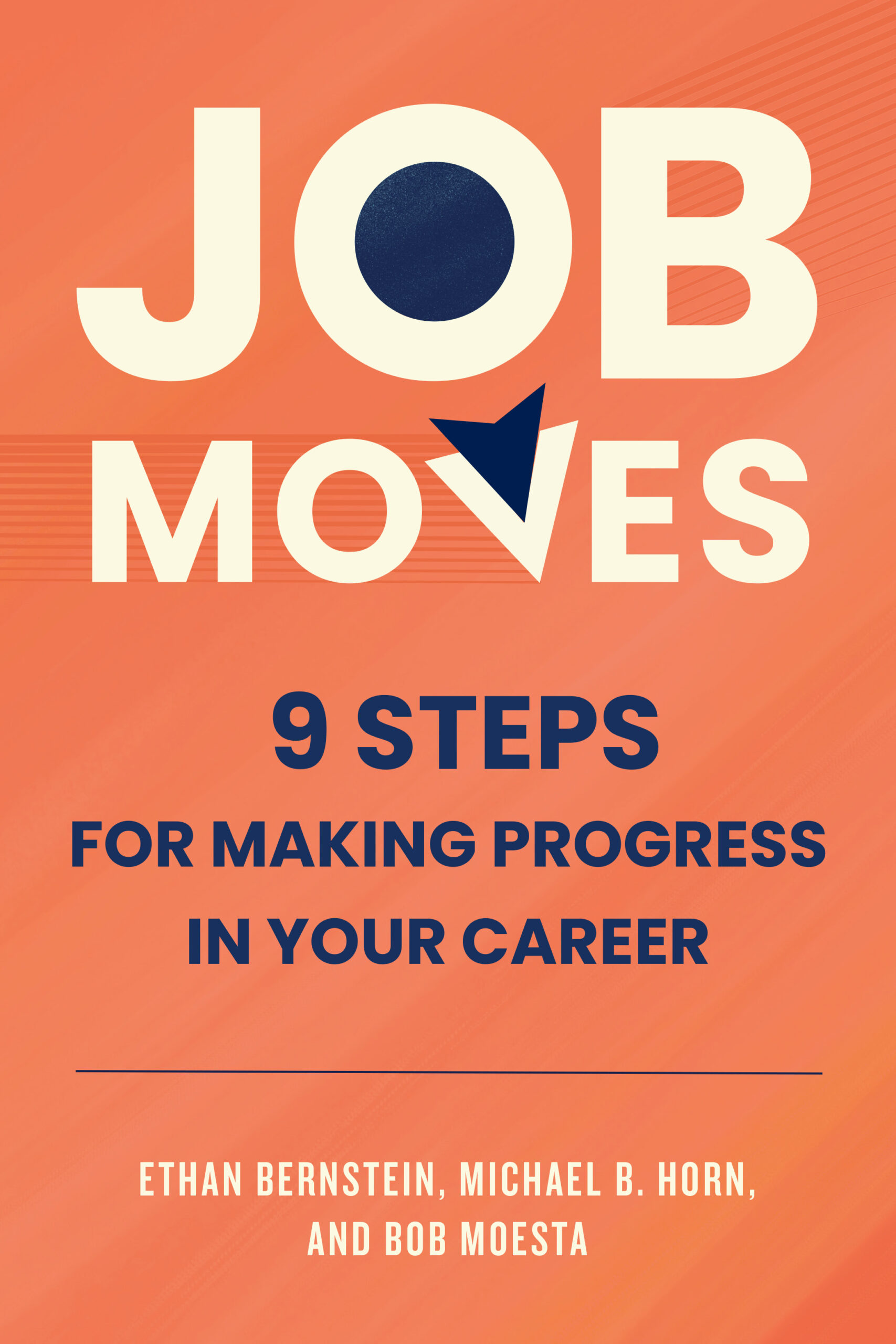The Evolving Role of Teachers as Lifelong Learners: A Deep Dive with Michael B. Horn
Expert teacher Bo Cheli and education disruptor Michael B. Horn take a deep dive into how technology and innovation are forcing the role of the teacher in the classroom, as well as our entire education system, to adapt and transform.
Teachers as Lifelong Learners
Bo: Teachers are no longer the keepers of information. How does that change the students’ perspective of teachers? And how do teachers need to evolve as a result?
Michael: As we jump into this era and this question, it’s important to say that having knowledge and content mastery as a student is still important because it helps you understand which questions to ask, where to find more information, what are interesting fields of inquiry, and so forth. Content knowledge is also important for critical thinking and to free up space for other aspects that we are increasingly emphasizing in the education system.
What that means from a teacher’s perspective is a couple fold. One, it’s not only that Google has that knowledge and information, that you are not the only conveyor of that in a classroom. It’s also the case that there are a lot of other delivery mechanisms out there. Teachers have made videos of themselves, simulations, and all sorts of things that are out there on the internet. All this software teachers can leverage to bring content to life and deliver it to students.
What that does for you as a teacher is it says I don’t have to lesson plan for all 30 students anymore and assume that they are all in the same place in their learning. I can spend a lot of my time adding value on top of the knowledge piece, helping students ask critical questions of the content that they are reading and learning through. Help them analyze in ways that we didn’t have time to do before. Facilitate interesting conversations and projects where you quite frankly manipulate the information in interesting ways.
 |
I think what that does for the perspective of the teacher is say the teacher isn’t the only central authority figure in the classroom. And a teacher can treat that as a negative, but I think they still must have some content knowledge to drive those interesting questions and so forth. So, you have to have some dexterity but also be able to model what it is to be a lifelong learner, which is to say when a student asks a certain question, you can say ”I don’t know, let’s go research it and figure it out.”
You’re modelling that behavior for students so that they see the teacher as not just an authority figure but much more enriched. We want to model the behavior that we want students to exhibit for the rest of their lives.

1 comments
Great thoughts on the four stages of a novice teacher. I was fortunate enough to have been a paraprofessional in classrooms of many wonderful teachers before I began my own teaching career. What I found amazing was how effective each teacher was, despite the differences in style and focus. I was able to cull many valuable strategies from watching expert teachers in action with the consistent use of organizational tools, subtle classroom management, and effective methods of not only creating interest, but a passion for learning.